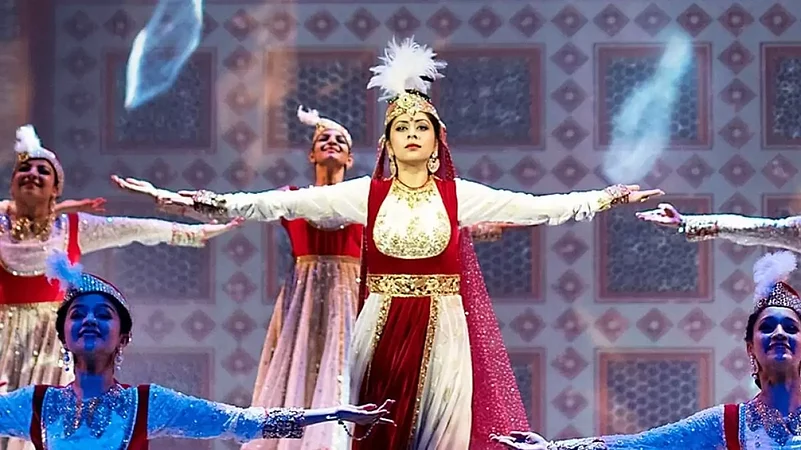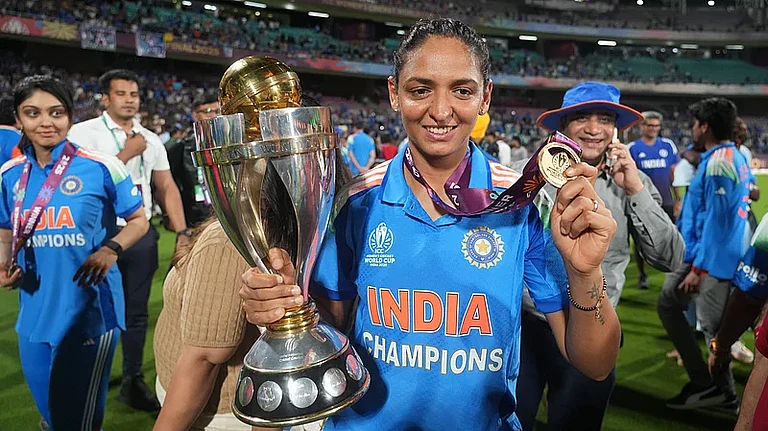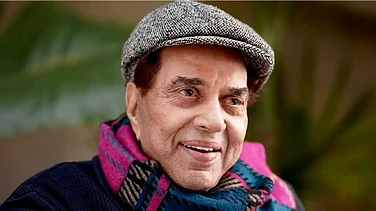Feroz Abbas Khan's 'Mughal-e-Azam: The Musical' is returning to the stage in Mumbai after two years with Fourteen shows scheduled to take place between October 21 and 30 at Bal Gandharva Rang Mandir, Bandra West, Mumbai. An ode to the classic 'Mughal-e-Azam' film, this musical, this year, is celebrating over 60 years of the film.
The 1960 K. Asif film was inspired by a play called Anarkali, written in Lahore in 1922 by dramatist Imtiaz Ali Taj. Khan had wanted to recreate the film onstage since he saw the black-and-white film re-released in colour in 2004.
Talking about the challenge of taking the responsibility to bring alive the magic of the film on stage, Khan says that “It was the challenge inherent in the idea that first attracted me to it."
However, till 2016, he says that it seemed like an impossibility to match the scale of the film but then the desire to go in a completely different direction from the kind of work he normally does, became too strong.
“What remained with me after I saw the film on the big screen in its coloured version was that it was essentially a piece of theatre and with its magnificent musical score, it would lend itself well to the stage. It became slightly possible to do this in 2016 because we now had a beautiful theatre in Mumbai and the technology could enable us to somewhat match the film’s scale,” tells the maker.
He recalls how Shapoorji Pallonji, the original producer of the film, loved the concept and came on board to produce the musical. “To make the play as grand as possible was the next challenge and we were lucky to be able to work with Neil Patel, a New York-based production designer, who has also designed for Zoya Akhtar’s Dil Dhadakne Do. Then came Mayuri Upadhya, the choreographer who created her own artistic language beyond what Hindi cinema usually does with classical dance forms,” says the maker.
Ace costume designer Manish Malhotra took the job of the clothes for the play and Khan says he was a magician.
“Though from a cinematic background, Manish helped us create a nuanced costume palette by researching miniature paintings and other historical references. We also interpreted the characters in keeping with the times and balanced the gender equations a bit while keeping the glorious richness of the language,” says Khan.
Pulling up a play inspired by a film that was released is definitely a herculean task especially when there is an entirely new generation that has evolved and watching world cinema.
However, Khan says that he didn’t temper with the original writing but took a few notes to match the modern sensibilities.
“The reason why 'Mughal-E-Azam' continues to be watched and appreciated to date is that beneath all of its opulence, is a human story that is relatable at multiple levels,” he says and adds that “It is about the eternal conflict between progressive ideas and dogma, between the love for power and the power of love, between a father and a son, a wife and a husband and it is also about women who have to either comply with patriarchy or pay a price for defying it.”
“We did not tamper with the writing because it is so rich but yes, as I said before, we did revise the gender equations in keeping with the times to make the women more powerful. We also gave more space to the character of Sangtarash, the sculptor, who became a cautionary voice against growing hegemonic tendencies. We also did away with the bombast of Akbar's character because the young do not connect with melodrama and booming histrionics,” sums up Khan.






















